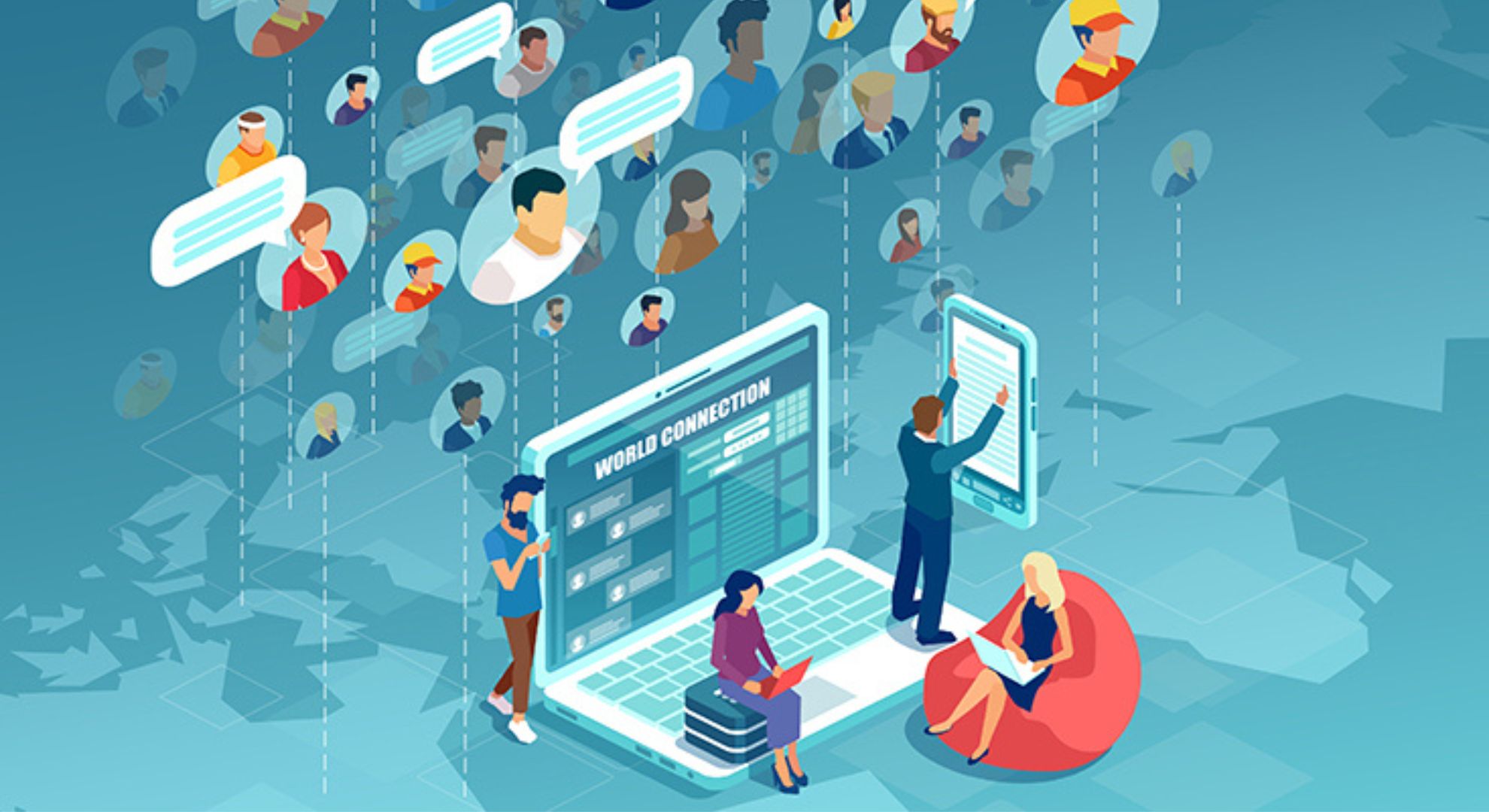Recent research has shed new light on the relationship between social media use and the mental well-being of teenagers, which now contradicts some claims made by high profile tech executives. Mark Zuckerberg, CEO of Meta, Facebook’s parent company, had asserted in a congressional hearing that there was no proven causal link between social media use and negative mental health outcomes among young people. However, a growing body of evidence suggested otherwise.
According to MIT economist Alexey Makarin, whose study was published in the American Economic Review, there was substantial evidence linking social media use to increased symptoms of depression and anxiety among teenagers. However, Makarin also noted there were still areas to be explored.
These findings came at a time when social media usage among teens was nearly ubiquitous, with platforms like TikTok, Instagram, and Snapchat dominating their online interactions. Surveys indicated that a significant majority of teens were active users of these platforms, with girls spending an average of 3.4 hours per day on them, compared to boys’ 2.1 hours.
While previous studies had primarily shown correlations between social media use and mental health, newer, more rigorous research methods provided stronger evidence of causation. Longitudinal studies from psychologists Amy Orben and Andrew Przybylski, such as one published in Nature Communications, had identified specific developmental periods during which social media use was associated with decreased well-being among teens.
However, pinpointing causation required more than just observational studies. Natural or quasi-experiments, like the one conducted by Makarin and his team, were essential for establishing causal links. Makarin’s study demonstrated a direct correlation between social media use and increased rates of anxiety and depression among students.
Scott Cunningham, an economist at Baylor University, stressed the importance of understanding the mechanisms behind these effects. Cunningham had stated, “You couldn’t design good public policy if you didn’t know why things were happening.” Factors such as excessive comparison with others and the displacement of other activities may have contributed to the negative impact of social media on mental health.
As researchers continued to investigate this complex relationship, there was a growing recognition of the need for nuanced approaches. Initiatives like the SMART Schools project in England were exploring the impact of restricting cell phone use in schools on students’ mental and physical health.
Victoria Goodyear, a pedagogical expert involved in the project, highlighted the importance of combining quantitative data with qualitative insights from students, parents, and educators. Goodyear said, “Social media had increased in pace and momentum very, very quickly. And research took a long time to catch up with that process.”
While the debate surrounding social media’s impact on teen mental health continued, the weight of evidence had shifted towards acknowledging its detrimental effects. As technology continued to evolve rapidly, it was crucial for research to keep pace to provide evidence-based recommendations for navigating the digital landscape.
Other POP! stories you might like:
People are weirdly feeling ‘pandemic nostalgic’ as seen on the ‘2020core’ TikTok trend



